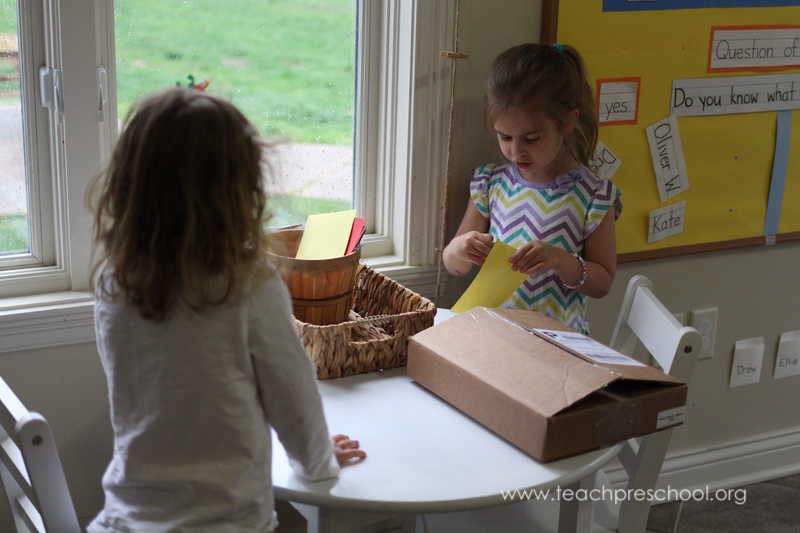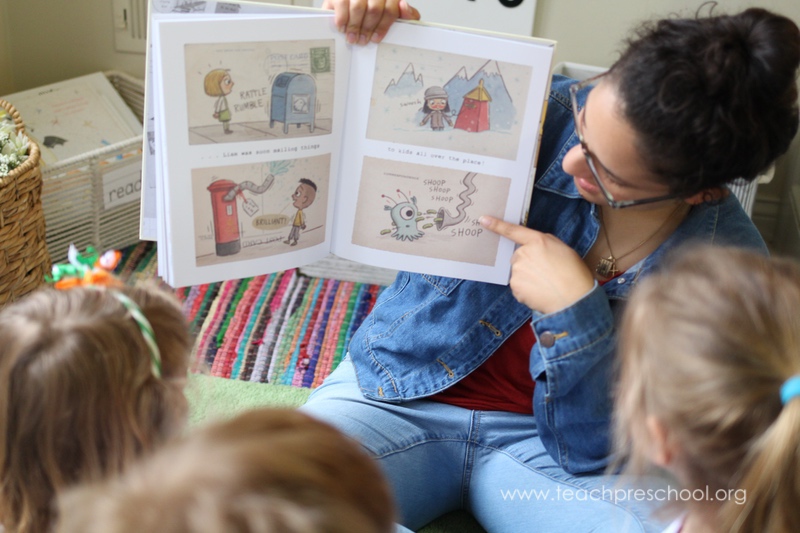Kids Cornerteach To Be Happy
I found my life’s calling when I became a teacher. Finally, I thought, a job I could see doing for the rest of my life.
Kids Cornerteach To Be Happy Birthday Wishes
And pretty much as soon as I found my calling, I lost my f*king marbles.
I’ve always been a super productive, perfectionist, ambitious, go-getter and stepping into a new career wasn’t going to change that fact.
Jul 26, 2020 - Explore Lynn Brewer's board 'camp brew-doo' on Pinterest. See more ideas about activities for kids, kids playing, fun activities. ME/FM Action Network is a Canadian, registered, non-profit organization dedicated to advancing the recognition and understanding of Myalgic Encephalomyelitis / Chronic Fatigue Syndrome (ME/CFS) and Fibromyalgia Syndrome (FMS) through education, advocacy, support, and research. If anything, here are 7 ways that you can learn from kids on how to happy: Living in the present Kids have a wonderful way of living one moment at a time. Their feelings are often based on events as they happen. They are mostly joyful. At times, they may feel negative and this usually happens in a fight over toys or games. Aug 23, 2020 - Explore Johanna Tullis's board '4 year olds', followed by 164 people on Pinterest. See more ideas about preschool activities, preschool, 4 year olds.
My plan was to be the best teacher ever in the history of the universe.
Even if I had to do ridiculous things to get there.
My first year I worked the first 72 days of school straight. No weekends, no evenings, no friends, no exercise, no fun. I was in it to win it, friends.
Work, work, work. You name it, I did it: lesson and unit planning, curriculum and classroom management trainings after school and on the weekends, seating charts, weekly progress reports, calls home and community building activities.
I limped to the finish line that year with the promise I’d do better the next year. Teaching would get easier with time I told myself.
Turns out my second year, was harder than the first. I had an exceptionally challenging class, and I again told myself teaching would get easier when I had more experience under my belt.
By the end of my third year, I was exhausted from teaching and some personal grief, and if I’m being totally honest, completely unhinged. Mentally and physically exhausted, I knew something had to really change if I was going to stay in this profession.
A couple more years passed pretty much the same way. I was doing the same thing and expecting a different result: working too much, too hard and promising to do better “next year” and each year I just got more and more exhausted.
The worst part? It was affecting my ability to be a good teacher. Resentment was building and I was becoming less flexible and fun, both inside and out of the classroom.
But let’s be honest, not much changed because I didn’t know where to start. Knowing something needs to change and actually making real changes are two very different things.
Time and experience were not going to be the only thing to help me stay healthy, happy and sane in the classroom. That much I figured out.
Midyear, my principal called me into his office to basically stage an intervention. He asked me if i was happy being a teacher.
Keep in mind, this guy thought I kicked ass in the classroom. He knew I excelled at all the teacher work, but he wanted to know if I’d be happier doing something else because he didn’t see a single ounce of joy in my face.
*GULP*
<cue tears>
I cried. Totally ugly cried. Because, the answer was no. I wasn’t happy being a teacher. I couldn’t see myself doing anything else for a living because I still felt I was called to be a teacher. But I wasn’t happy doing things the way they were being done.
Something had to change.
It wasn’t pretty.
I was embarrassed because apparently I wasn’t the best teacher in the universe after all.
Then I got mad.
And then I got real.
Real immature.
Kids Cornerteach To Be Happy Hour
If “they” weren’t going to appreciate all the time and effort I was putting into my classroom, then I just wasn’t going to any more. I’d show them…
So instead of spending every free moment of my life working, I started going to yoga class in the afternoon. I started cooking dinner and making sure I had good leftovers for lunch. I started making plans with friends for fun.
That’s when it all clicked.
When I was happier in my life outside the classroom, life in the classroom was happier.My patience grew, my appreciation for my students grew, my resentment disappeared and we ALL did better.

Let me repeat that last part: My students did better at school when I took better care of myself.
Maya Angelou is famous for saying “Do the best you can until you know better. Then when you know better, do better.”
Teaching is a marathon and requires some serious training. And not that kind they cover in your credential program.

Enter: The Healthy, Happy Sane Teacher.
What’s your secret to being a happy classroom teacher?
Image Source: Drawing Digital Print Mixed Media Illustration Print … by CocktailZoo on Etsy
Do you want your kids to be happy? Of course you do! We all do…
But how many parents actually talk to their kids about how to lead a happy life and what it actually means to be happy?
Ellen Jackson from Potential Psychology is The People Potential Specialist. She writes about human experience and why we do what we do on her blog as well as coaches, teaches and helps workplaces to contribute to individual happiness, resilience and productivity. Ellen’s online self development course Find Your Groove runs several times a year and she shares a weekly newsletter with tips, tools and free positive psychology and wellbeing resources.
I’m so excited to have Ellen as a guest on the blog today to talk to us about happiness and how we can help our kids understand its role in our lives.
Why is it important for parents to talk to their kids about being happy?
‘I just want my child to be happy.’ It’s what most of us say when asked what we hope for our child’s future. Then we leave that happiness to chance. We talk to our kids about their feelings if they are sad or fearful or angry or anxious but we rarely help them to cultivate happiness. We’re not proactive about happiness because it’s not something we’ve been taught to do ourselves. We see it as something that you just are, or are not.
Being happy is a skill that can be cultivated and the earlier we teach our kids that skill, the sooner happiness, resilience, optimism, productivity and contentment become a habit. We set them up for a positive life.
Are there any points to keep in mind when discussing this topic with kids?
Positive psychology is the science of happiness or living a flourishing life. Many schools are now exploring and implementing positive psychology programs, either in full or in part. The most common topics emerging from these programs are mindfulness, resilience and strengths but other topics include gratitude, kindness, hope and optimism. If you have kids at school who come home talking about mindfulness or meditation, for example, learn more about the topic yourself. That was you can practice the skills and use the language at home. This will help to reinforce it. You’ll benefit too.
Gratitude discussions are another simple activity you can undertake with kids. If we ask them (and ourselves) what we are happy about or thankful for on a regular basis we begin to train our thoughts towards what is good in our lives. It creates a positive and abundant mindset – What’s good in my world – rather than a deficit mindset – What’s wrong in my world.
What age would you begin these conversations and why?
Kids Cornerteach To Be Happy Birthday
You can start thinking and talking about happiness as a skill as soon as you have children. It’s a mindset that we really need to develop ourselves in order to model it for our kids. Then we can talk about it in age appropriate ways.
For littlies: Ask them what makes them happy and talk to them about what makes you happy. Talk to them about being kind and strong and able to cope with challenges in life. Help them to develop their resilience by learning to do things for themselves.
For primary-school aged kids: Meditation and mindfulness are great skills to learn at this age as they help with stress and anxiety. Apps like Smiling Mind are perfect for kids. We can talk to school aged kids about what they enjoy doing and what gives them energy – these are their strengths. We can remind them that everyone is different – that we all have different strengths and interests – and that uncovering and using your unique strengths and celebrating your uniqueness makes life good.
For older kids and teens: Helping kids to see that every problem is surmountable and giving them the skills to solve problems themselves sets them up for a happier life. This is a great age to reinforce healthy habits like good sleep routines and regular exercise too as they also help us to stay emotionally well and contribute to our resilience and happiness.
Are there any resources you recommend using to prepare for parent-child discussions?

The KidsMatter program is a great resource for getting a better understanding of a positive psychology approach to teaching and raising kids.
Kids Cornerteach To Be Happy Meme
This is a great video to learn more about positive psychology.
The Greater Good website provides plenty of information, research and activities for living a more meaningful life.
I have written about:
How do you talk to your kids about being happy? Any helpful analogies, resources or experiences you want to share?
Find more great information from Ellen about positive psychology onFacebook and behind the scenes at Potential Psychology HQ on Instagram.
